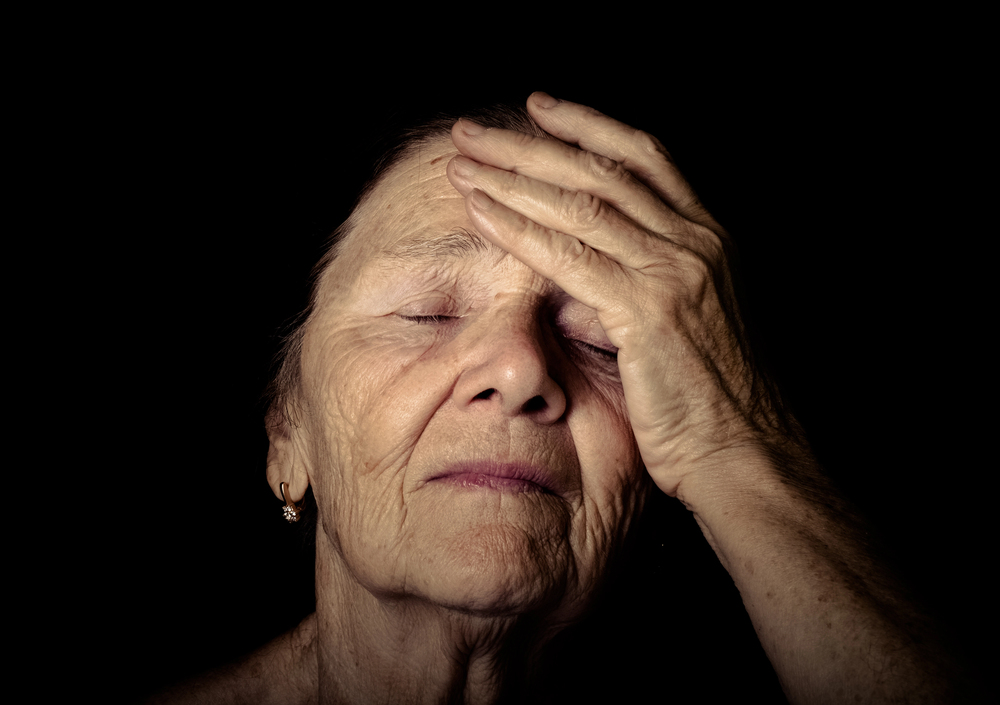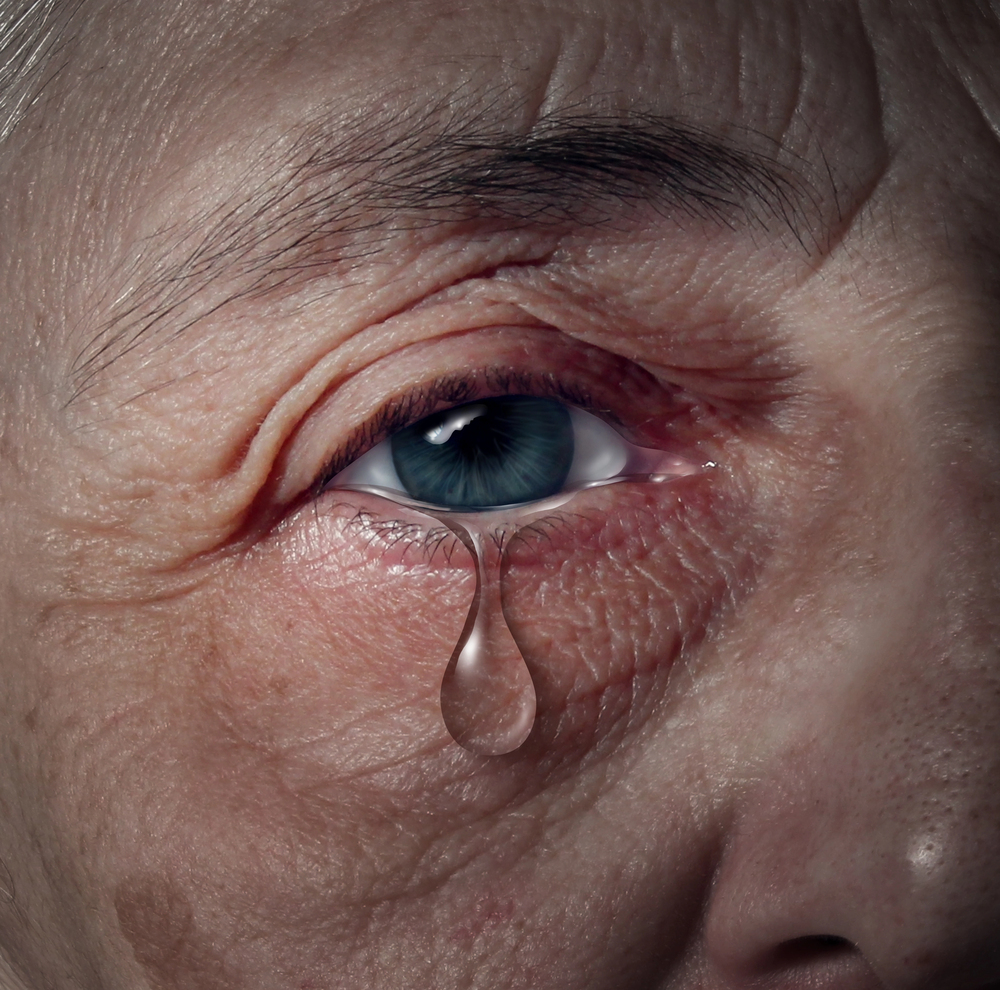The Nursing Home Law Center is committed to providing the legal resources necessary to hold negligent facilities accountable.
Emotional Elder Abuse Lawyer
According to the United States Department of Justice, elder abuse is defined as an intentional or negligent act that causes harm or a serious risk of harm to older adults [1]. Elder mistreatment isn’t just about physical injuries but about any abusive behavior that can harm an older adult’s well-being.
You must report elder abuse and neglect as soon as possible, including psychological abuse. An attorney can help you investigate suspected abuse and hold nursing homes accountable for failing to protect an older person from emotional pain.

Types of Elder Abuse
Elder abuse is the mistreatment or neglect of an older adult, which the National Center on Elder Abuse defines as any person above 60 years old [2]. This can include multiple types of mistreatment, such as the following.
- Physical Abuse – Hitting, punching, slapping, or pushing an elderly person is physical abuse. Using physical punishment, like restraining a person, as retaliation for destructive behaviors is also abuse. This can be a form of domestic violence, such as when older adults live with other family members, or it can happen in institutional settings.
- Sexual Abuse – Nonconsensual sexual contact with an elderly person is considered abuse. This includes sexual interactions with a person who cannot give consent, such as a person with mental health problems like dementia.
- Neglect – This occurs when a caregiver, whether that is a family friend, child, or professional, fails to meet the victim’s basic needs. This form of elder abuse can include not offering help with necessary tasks of daily living, not providing food and water, or forcing the victim to endure long waits for basic care
- Financial Exploitation – Financial abuse costs elderly people and family members over $28 billion every year [3]. This includes stealing money, forcing older adults to sign over their assets, taking their Social Security checks or disability payments, or refusing them access to their own money.
- Emotional Elder Abuse – Also called psychological abuse, this is when a family member or paid caretaker causes an elderly emotional distress. Types of emotional abuse include verbal harassment and humiliation.
What is Emotional Elder Abuse?
Psychological elder abuse is the use of verbal abuse and non-verbal behavior to control, humiliate, isolate, or intimidate an elderly individual. Sadly, this form of elderly abuse is incredibly common. Statistics on elder abuse reveal approximately 32.5% of nursing home staff report that emotional elder abuse has occurred in their facility [4].
Family members, friends, and professionals can all be perpetrators. The Centers for Disease Control notes some risk factors that can make someone more likely to perpetrate elder psychological abuse, including mental illness, substance abuse, a history of family violence, and caregiver stress [5].
Certain individuals may be more vulnerable to psychological elder abuse. Risk factors in older adults include a history of mental health problems, a physical disability, isolation from friends and family, and dementia. Women are also more likely to suffer elder abuse than men [6].
Forms of Emotional Abuse
Psychological abuse can come in many forms, including the following.
- Verbal Aggression – Abusive caregivers may taunt, harass, insult, or humiliate the victim. For example, they may insult the victim for their disabilities or call them useless for not being able to care for themselves.
- Threats – This form of psychological elder abuse can include threatening to withhold necessities like food, water, or medication if the older person does not comply with their demands.
- Intimidation – The abusive caregiver may warn that there will be consequences for not complying. If they are younger, the caregiver may threaten physical assault.
- Isolation – Isolating dependent older adults prevents them from socializing, and it can hide elder abuse because the person cannot ask anyone for help.
- Psychological Neglect – Older adults need social stimulation, conversation, and affection like anyone else. Ignoring a senior citizen for prolonged periods or treating them like an inconvenience can result in psychological harm.
Impact of Emotional Abuse on Nursing Home Residents
Psychological abuse may not lead to bruises or physical injuries, but it can have a profound impact on an older person’s emotional well-being. Common outcomes for emotional elder abuse include low self-esteem, depression, anxiety, and distrust of others.
In some cases, this form of elder abuse can result in self-neglect. This is when a psychologically abused older person stops caring for themselves, even when they are capable of doing so. For example, older adults may stop showering or eating because they have been treated like a burden.
How to Spot Emotional Abuse
As elder emotional abuse is a complex problem, there is no single pattern that definitively proves abusive situations. However, certain warning signs can warrant further investigation by Adult Protective Services or other agencies.
Changes in Behavior
Victims of psychological abuse may show behavioral signs like being afraid to talk openly about their circumstances, avoiding eye contact, or withdrawing from favorite activities. Sometimes, they may be fearful of certain people or become aggressive.
Signs of Physical Abuse
Emotional elder abuse may escalate to physical abuse. The victim may have unexplained injuries, like bruises on their arm, or they may have signs of poor hygiene, like urinary tract infections and bed sores.
Financial Exploitation
Psychological abuse is often linked to other forms of elder abuse, including financial exploitation.
The abuser may state that the person is not responsible enough to manage their finances, or they may intimidate the victim into handing over banking information. They could threaten the victim with consequences if they don’t sign paperwork giving the abuser control over their assets.
The older adult may not know what is happening with their bank accounts, or there may be suspicious transactions. Sudden changes to wills or beneficiaries can also be a warning sign of financial exploitation.
Legal Implications of Emotional Elder Abuse
It’s crucial to report emotional abuse or other forms of elder abuse to local law enforcement as soon as possible so that the proper authorities can begin investigating the matter. Elder emotional abuse can result in criminal or civil actions against the perpetrator or the nursing home.
Criminal Charges
Emotional elder abuse can be criminally prosecuted if it goes beyond mere negligence. For example, a caregiver who systematically isolated, neglected, and tormented an older person could be arrested.
Civil Lawsuits
Victims of emotional elder abuse can take legal action against the responsible party with the help of an attorney. A nursing home abuse lawsuit is intended to receive compensation for the harm suffered. Potentially liable parties include individual caregivers and nursing homes.
Nursing Home Liability
Elder care facilities must carefully monitor residents, respond promptly to concerns, and train staff appropriately. They must also ensure adequate supervision and appropriate staffing levels to avoid caregiver stress. When emotional elder abuse occurs in a nursing home, the facility can be held liable for failing to protect its residents.
Why You Need a Lawyer
A nursing home abuse lawyer can assist you in getting justice for emotional elder abuse by investigating the case, building a powerful argument, and negotiating with the insurance company. They can also file a lawsuit and represent you in court against the responsible parties if necessary.
Investigating the Psychological Abuse
Psychological elder abuse is not always as easy to identify as other forms of elder abuse. As such, it’s crucial to have a lawyer who can thoroughly investigate the incident and gather evidence. They may utilize surveillance footage, eyewitness testimony, incident reports, and medical records to show who is responsible and how they harmed the older adult.
Building a Strong Case
Lawyers will build a strong case by utilizing all available evidence and presenting it compellingly. They will ally with professionals who can interview the older adult and testify to how the abuse impacted their mental health. Additionally, attorneys can properly interview all witnesses and ask the right questions to demonstrate the abuse.
Negotiating With Insurance Companies
A nursing home’s insurance company wants to reduce a victim’s compensation. They will lowball the victim, delay negotiations, or claim that the abuse is unsubstantiated. Thankfully, a lawyer knows these tactics and will hold them accountable through compelling arguments.
Because an attorney knows how much these cases are worth, they will push for a reasonable settlement, refusing to settle for less than you deserve.
Litigating the Case
In many cases, a nursing home will settle out of court to avoid any damage to its reputation. However, they may refuse to negotiate, in which case an attorney can file a lawsuit.
Your lawyer will guide you through each step of the lawsuit process, including submitting paperwork, sharing information with the other party, taking depositions, and attending hearings. At trial, an attorney will share your story with a judge and jury, using all the evidence gathered to prove why you deserve funds.

Secure Expert Legal Representation!
Far from just unpleasant words, emotional elder abuse can have serious impacts on a person’s overall health and happiness. The Nursing Home Law Center is there to protect the elderly and advocate for victim rights. We work on a contingency fee basis, meaning you owe us nothing unless we win your case.
To schedule your free consultation with a skilled nursing home abuse attorney, call us toll-free at (800) 926-7565 or contact us online.
References: [1] United States Department of Justice, [2] World Health Organization, [3] National Council on Aging, [4] World Health Organization, [5] Centers for Disease Control, [6] Cleveland Clinic,

